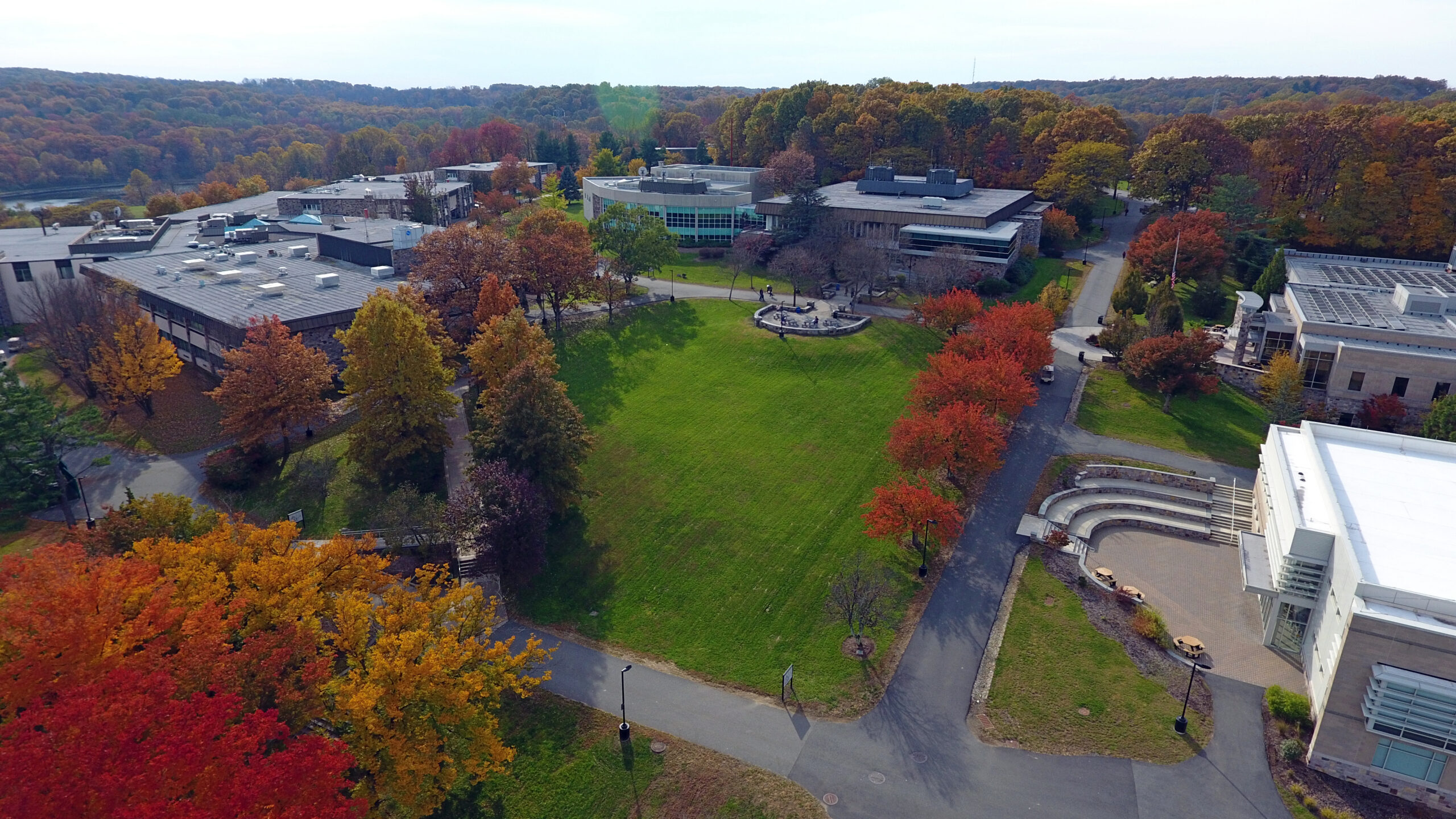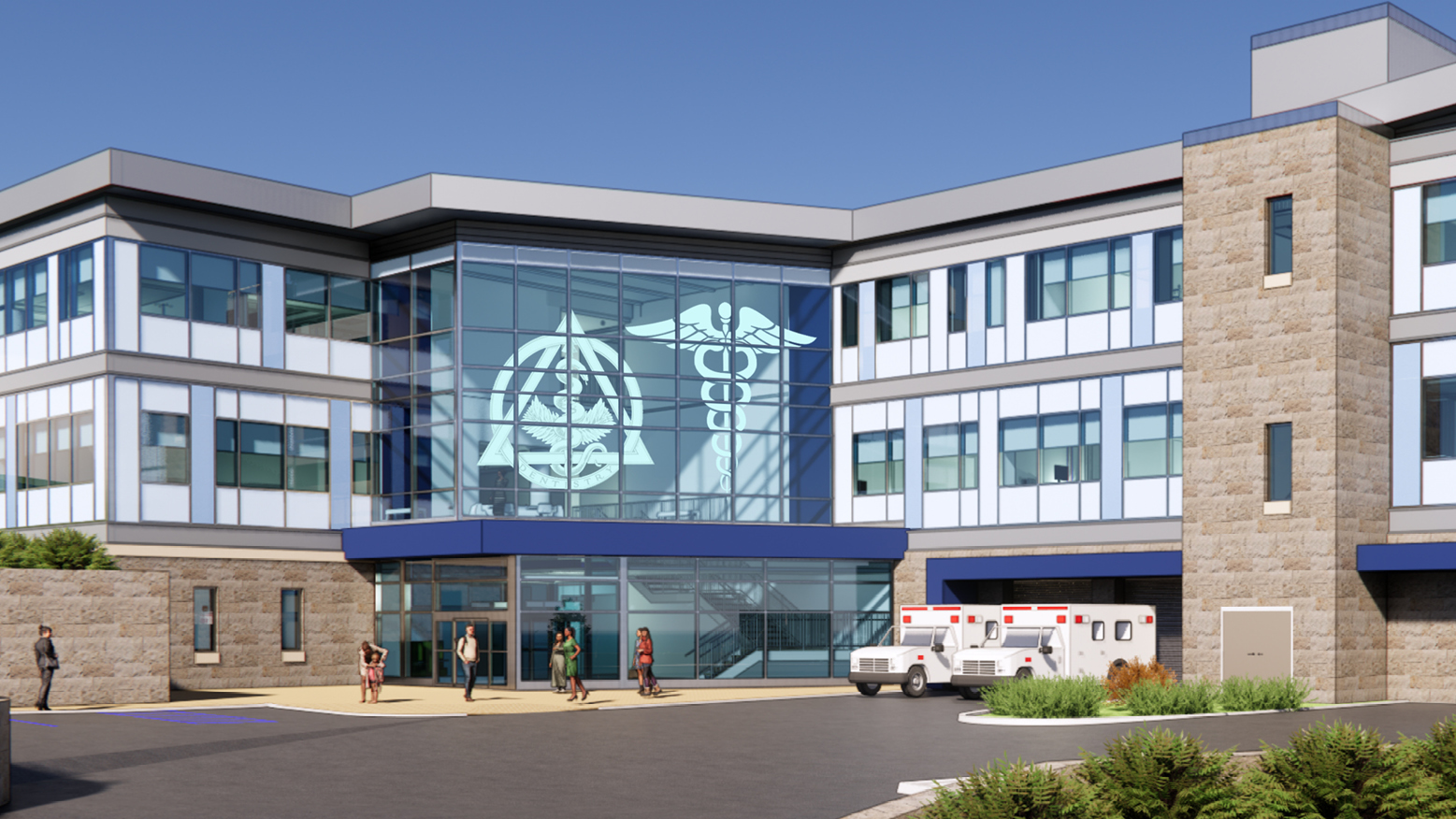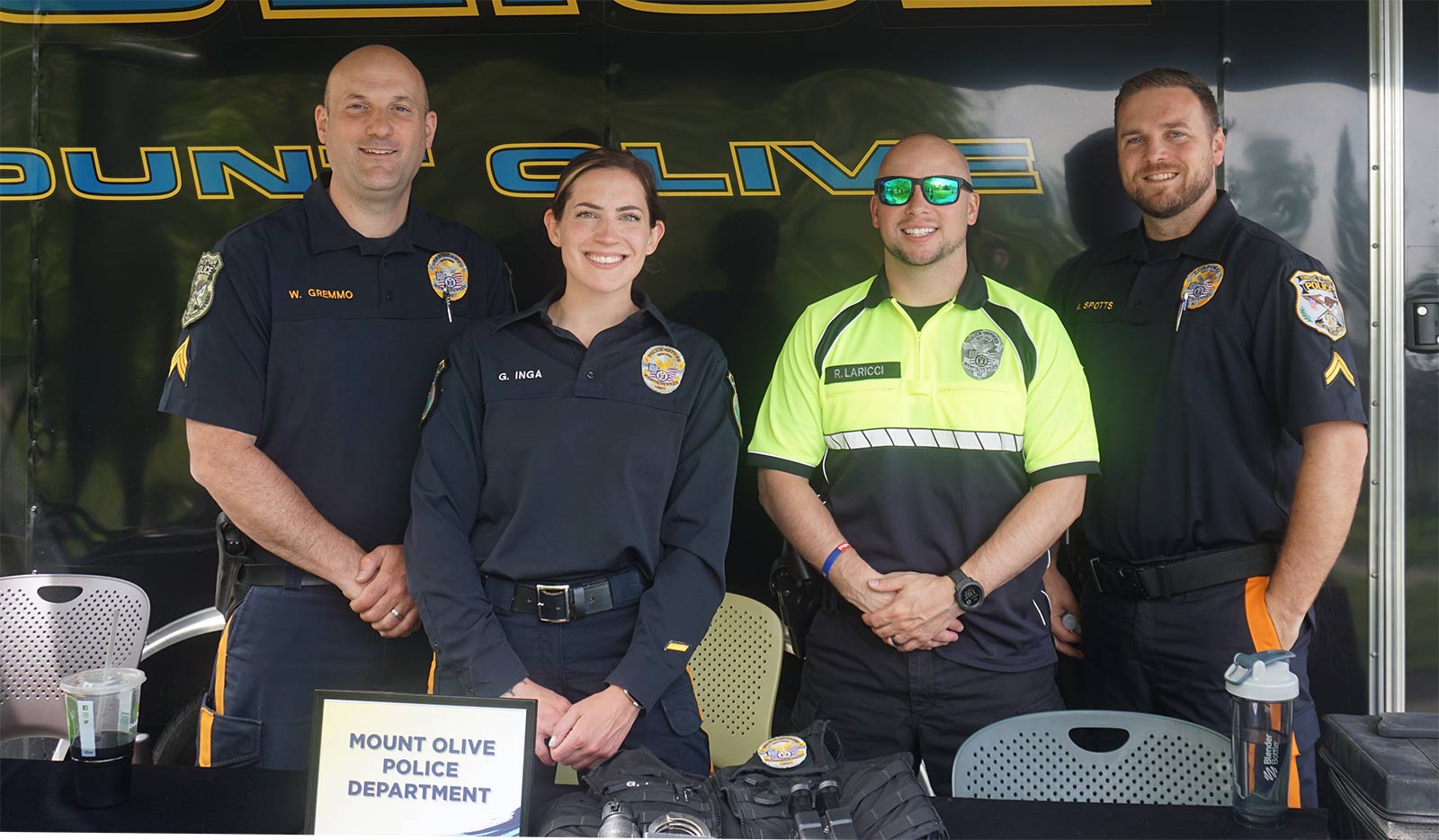What You Will Learn
In the Emergency Services degree program at CCM, you will have the opportunity to prepare for a wide range of careers, including becoming a firefighter, EMT, emergency dispatcher, or other vital roles in public safety. You will also explore career opportunities in the private sector, such as working with fire equipment manufacturers, government agencies, insurance companies, and more.
You will develop a strong understanding of how emergency services operate both in New Jersey and across the country. Throughout the program, you will be introduced to key areas such as emergency operations, public service careers, terrorism, homeland security and related fields. Many of your courses may have already been completed through previous academy training or other industry-recognized certifications, helping you progress more quickly toward completion of your CCM degree.
Curriculum
The 39-credit core includes courses in fire science, emergency management, homeland security, forensic science, interpersonal communication, government, and public safety careers. This program will not only expand your knowledge of emergency services but will also prepare you to begin or advance your career in this rewarding and essential field.
Why Study Emergency Services at CCM?
By enrolling in the Emergency Services associate degree program at CCM, you will gain valuable technical and administrative knowledge in areas like emergency management, homeland security, forensic science, and how local and state governments respond to crises. You will learn about the wide range of public safety careers available and develop the skills needed to succeed in them.
You will also have the chance to earn college credit for training you’ve already completed. For example,
- If you have completed Firefighter I through your local fire department, you will receive 6 credits for FST 101 and FST 102.
- If you’ve completed New Jersey State EMD and ETC training, you will earn 5 credits.
- With EMT certification, you will receive 6 credits.
- Additional certifications may also be eligible for credit and will be reviewed on a case-by-case basis.
Paying for Your Emergency Services Education
There’s good news: Money is available to help you pay for school! Our Financial Aid staff can provide lots of information about the process of finding funds to help pay for your education.
Where you can go
Transfer Opportunities
Associate of Applied Science (AAS) degrees are designed primarily for students entering the workforce after graduation. However, many AAS students do choose to continue their education at a four-year college or university.
A bachelor’s degree can lead to in-demand careers in public safety, disaster management, and related fields. These programs focus on preparing students for leadership roles in areas like emergency preparedness, disaster planning, and response.
In addition, CCM has opportunities with:
- John Jay College of Criminal Justice (CUNY) for a bachelor’s degree in Emergency Management or Fire Science
- New Jersey City University (NJCU) which offers the only university-based Bachelor of Science in Fire Science program in the state.
Featured Courses
FST-101. Introduction to Fire Science
This class is considered to be the foundation course for all students of Fire Science Technology. Students are introduced to the concept of the systems approach to fire protection by presenting the components of modern fire department responsibility including emergency incident management, public education, training, resource management and customer service. Students who have completed their Fire Fighter 1 will receive credit for this course.
FST-202. Hazardous Materials
A comprehensive study of the physical, chemical and toxicological characteristics of hazardous materials. This course includes basic methods of recognition and identification based upon the chemical and physical properties of hazardous materials, basic safety procedures when utilizing specific types of protective clothing
and equipment, and basic tactical information relating to scene management.
FST-207. Emergency Medical Technician
Designed to prepare the basic Emergency Medical Technician (EMT) in accordance with the U.S. Department of Transportation curriculum and the N.J. Department of Health guidelines. This introduction of emergency medical services includes medical, legal/ethical aspects, an EMTs role, patient assessment, care of wounds and fractures, airway maintenance, patient transportation, emergency childbirth and basic extrication. After completion, be eligible to take the National Registry Examination for certification as an EMT-Basic. Students already registered in NJ will be given credit for this course.
Resources



